Americanism Is Bigger Than Trumpism
The noxious stew of nativism, xenophobia, misogyny and white supremacy that put Donald Trump in the White House no longer appears to be unconquerable.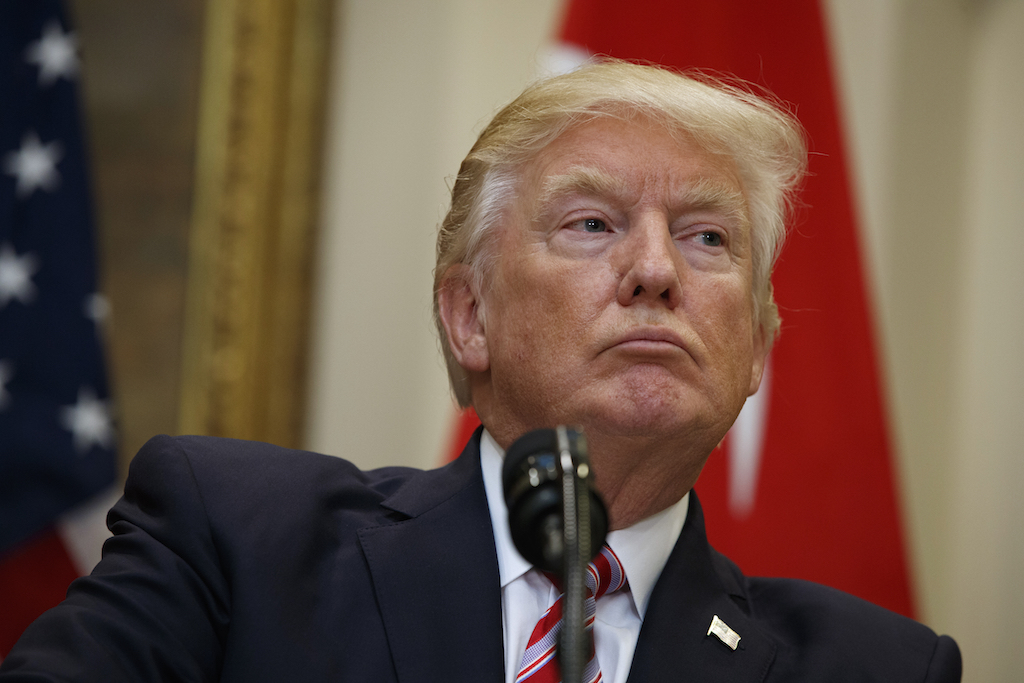 Donald Trump. (Evan Vucci / AP)
Donald Trump. (Evan Vucci / AP)
Who’s afraid of Trumpism-Bannonism? The noxious stew of nativism, xenophobia, misogyny, manufactured grievance and barely disguised white supremacy that put Donald Trump in the White House now appears less an all-conquering juggernaut than a paper tiger—one that Alabamians, bless their hearts, balled up and threw in the trash.
Incredibly, Trump managed to lose twice in a deep-red state he won by 28 points just a year ago. He supported Roy Moore’s opponent, Luther Strange, in the Republican primary, only to suffer a humiliating defeat. And then—prodded by his political “wizard,” Steve Bannon—Trump reversed himself and went all-in for Moore in the days leading up to Tuesday’s general-election vote. As you might have heard, Moore lost to Democrat and now Senator-elect Doug Jones.
“I was right,” Trump pathetically tweeted, having been utterly wrong. Sad!
It is possible to read too much into Jones’ victory. He won by fewer than 21,000 votes out of more than 1.3 million cast, which is not exactly a landslide. And Moore was thought of as a dangerous clown by many Alabama voters even before The Washington Post revealed he was credibly accused of being a child molester.
But let’s not read too little into Tuesday’s vote, either. Alabama is such a solidly Republican state that in 2014, the last time this Senate seat came open, Democrats didn’t even bother to field an opponent against incumbent Jeff Sessions, whose resignation to become attorney general triggered Tuesday’s special election.
Moore was, in many ways, the perfect Trumpist-Bannonist candidate: a populist renegade who perfectly fit the description “all hat and no cattle.” He was once removed and once suspended as the elected chief justice of the Alabama Supreme Court for insisting that his religious beliefs outweighed the Constitution. He expressed disdain for the constitutional amendments that abolished slavery and allowed African-Americans and women to vote. He initially issued non-denial denials against allegations that he pursued sexual relationships with teenage girls when he was in his 30s. And he had a keen instinct for theatrics, adopting the habit of showing up to vote on Election Day on horseback, as if he were planning to lead a cattle drive later that afternoon.
Responding to multiple accusations of sexual misconduct, Moore took a page from Trump’s playbook, finally settling on the story that the women—none of whom had anything to gain from coming forward—were all lying. Like Trump, he painted himself as the victim of a dastardly plot by nefarious elites.
Bannon supported him early, cowed the state party establishment into going along, and reportedly convinced Trump to climb aboard the bandwagon, too, because Moore would surely win. “The people of Alabama will do the right thing,” the president tweeted on the morning of the vote.
Unfortunately for Trump and Bannon, Alabamians did just that.
It is the sweetest of ironies that Jones, when he was U.S. attorney for the northern district of Alabama, successfully prosecuted two aging Ku Klux Klan members for their roles in one of the worst atrocities of the civil rights era—the 1963 bombing of Birmingham’s 16th Street Baptist Church, in which four young African-American girls, attending Sunday school, were killed. How wonderful it is that a man who struck such an important blow for racial justice defeated a charlatan who has actually expressed nostalgia for the olden days before the Civil War.
What should worry Trumpists, Bannonites and the quisling Republicans who go with the flow of this aberrant presidency is that Alabama cannot be seen in a vacuum. A trend is brewing.
Last month in Virginia, a purple state, Democrat Ralph Northam won the governor’s race by the biggest margin for a Democrat since 1985. His Republican opponent, Ed Gillespie, had run an ugly campaign with television ads appealing to white racial animus against immigrants and minorities. Democrats not only sent Gillespie packing but also virtually erased the GOP’s once-unassailable majority in the lower house of the state legislature.
In both Virginia and Alabama, Democratic voter turnout was huge, while Republican turnout was middling. The enthusiasm gap between the parties was more of a chasm. A year ago, Democrats spoke of the 2018 midterm election as an opportunity to make gains in the House and, if possible, keep from losing seats in the Senate. Now, after Alabama, even cautious analysts have to consider the possibility of a wave election that gives Democrats control of one or both chambers.
Don’t get me wrong, Trumpism-Bannonism does have a following. It’s just that Americanism has a bigger one.
Your support matters…Independent journalism is under threat and overshadowed by heavily funded mainstream media.
You can help level the playing field. Become a member.
Your tax-deductible contribution keeps us digging beneath the headlines to give you thought-provoking, investigative reporting and analysis that unearths what's really happening- without compromise.
Give today to support our courageous, independent journalists.
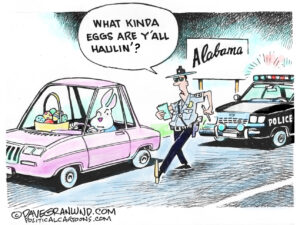
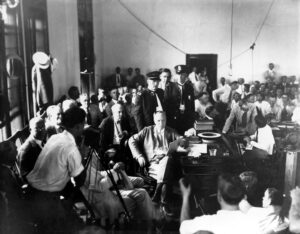

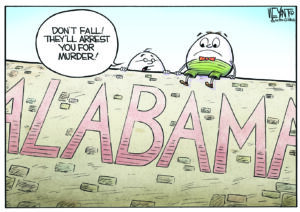

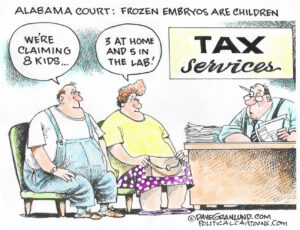
You need to be a supporter to comment.
There are currently no responses to this article.
Be the first to respond.